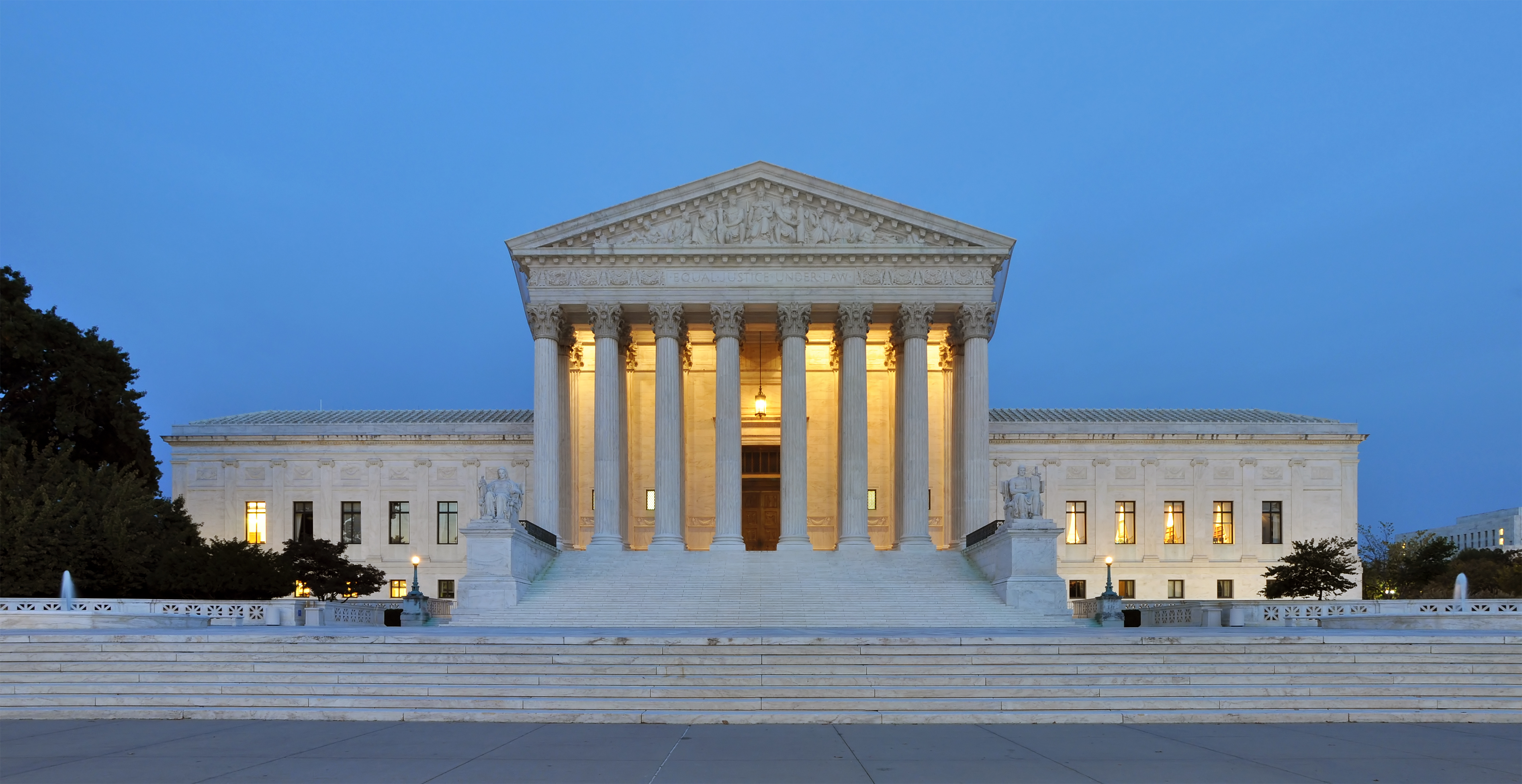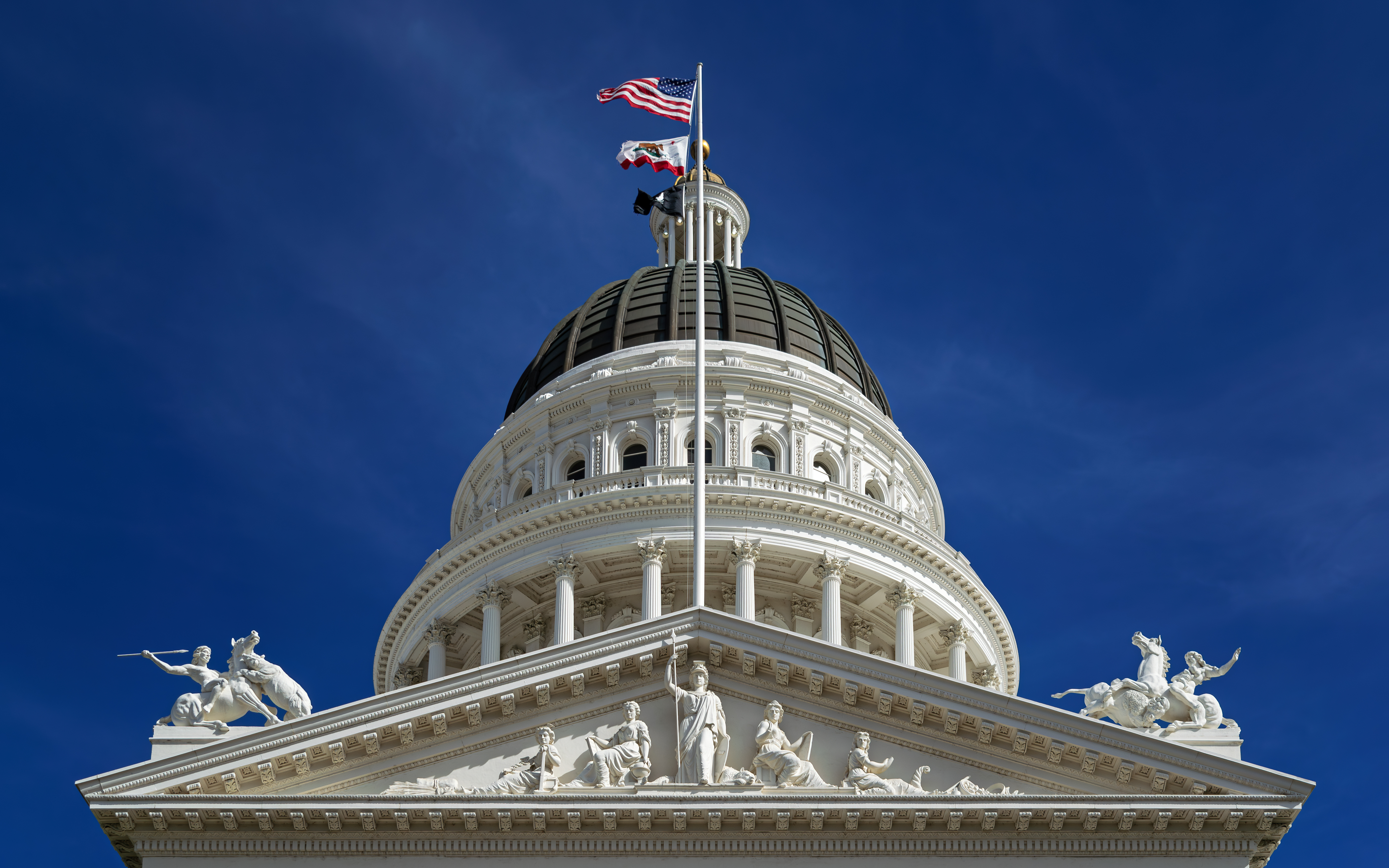The Supreme Court has agreed to hear a landmark case that could fundamentally reshape America’s election landscape, signaling a potential return to constitutional principles that have been eroded by decades of progressive judicial activism and state-level overreach.
In *Watson v. Republican National Committee*, the nation’s highest court will determine whether federal law supersedes state policies allowing mail-in ballots to be counted days or even weeks after Election Day—a practice that has transformed what should be a decisive democratic process into prolonged periods of uncertainty that undermine public confidence in our most sacred institution.
The case strikes directly at the heart of constitutional federalism, challenging the patchwork of conflicting standards that currently plague American elections. Eighteen states currently operate under extended counting periods, creating a two-tiered system where votes cast on the same federal election are subject to wildly different rules depending on geography. This constitutional chaos has turned Election Day into “Election Season,” precisely the kind of institutional degradation the Founders sought to prevent through clear federal guidelines.
What makes this case particularly significant is its timing and scope. Rather than emerging from post-election litigation amid partisan recriminations, this challenge represents a proactive effort to establish clear constitutional boundaries before the next electoral cycle. The Republican National Committee’s successful petition demonstrates the kind of strategic legal thinking that advances conservative principles through proper institutional channels—a marked contrast to the left’s preferred method of achieving political goals through bureaucratic manipulation and judicial activism.
The constitutional implications extend far beyond ballot counting procedures. At stake is the fundamental question of whether states can effectively nullify federal election requirements through creative interpretation of their administrative powers. For too long, progressive state officials have exploited ambiguities in election law to implement policies that prioritize political convenience over electoral integrity, creating the very uncertainty that erodes democratic legitimacy.
Consider the practical impact of the current system. In states like Nevada, Pennsylvania, and North Carolina, election outcomes can remain uncertain for days after polls close, not because of close margins requiring careful counting, but because of deliberate policy choices that extend the counting process indefinitely. This manufactured uncertainty doesn’t strengthen democracy—it weakens it by creating opportunities for post-election manipulation and fostering public skepticism about the reliability of results.
The economic implications are equally significant. Prolonged election uncertainty creates market volatility, delays crucial policy decisions, and undermines the stable governance that businesses require for long-term planning. America’s global competitors benefit when our democratic processes appear chaotic or unreliable, using our self-inflicted institutional confusion to question American leadership on the world stage.
The Supreme Court’s willingness to take up this case suggests a recognition that election integrity isn’t partisan politics but essential constitutional law. The involvement of organizations like the Center for Election Confidence in amicus briefs demonstrates growing institutional support for clear, uniform election standards that serve all Americans regardless of party affiliation.
This case also represents a broader constitutional restoration project that has been quietly advancing through federal courts. By clarifying the proper balance between state election administration and federal constitutional requirements, the Court has an opportunity to end the jurisdictional confusion that has plagued recent electoral cycles while respecting legitimate state authority over election mechanics.
For patriots who have watched with growing concern as America’s electoral processes have become increasingly politicized and unreliable, this case offers genuine hope for systemic reform through constitutional means. A clear ruling establishing uniform federal standards for election timing could restore the decisive, transparent electoral processes that characterized American democracy for most of our history.
The path forward requires vigilance and engagement from constitutional conservatives who understand that election integrity forms the foundation of all other political victories. This case positions America to enter the next electoral cycle with restored confidence in our democratic institutions—exactly the kind of constitutional clarity that strengthens our republic and demonstrates to the world that American democracy remains the gold standard for free and fair elections.





